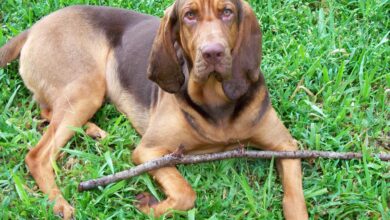Top 15 Dog Breeds with Insatiable Appetites

In the diverse world of canines, certain dog breeds exhibit an insatiable appetite that often leaves their owners astonished and, at times, perplexed about how to manage their voracious eating habits. These breeds, ranging from tiny terriers to massive mastiffs, have a notorious reputation for their endless hunger, which can be attributed to a variety of factors including genetics, metabolism, and their historical roles. Some breeds were developed to perform strenuous tasks that required high energy levels, thus evolving with a need for substantial sustenance. Others may have a genetic predisposition towards obesity, making it seem like their appetite is bottomless. Understanding the dietary needs and managing the feeding of such breeds is crucial for their health and well-being. This article will explore the top 15 dog breeds known for their insatiable appetites, delving into the reasons behind their hunger and offering insights into how to effectively manage their diets.
1. Labrador Retriever
Labrador Retrievers top the list of dogs with insatiable appetites, largely due to their genetic makeup. Labs are not just food-motivated; they seem to have a bottomless pit for a stomach. This trait can be traced back to their use as fishing and hunting dogs, where a high energy intake was necessary for their laborious days. Today, this translates into a dog that will happily eat whenever given the chance. Their propensity to overeat makes obesity a common issue, requiring owners to closely monitor their diet and ensure they get plenty of exercises. Despite this challenge, Labs’ affable nature and intelligence make them endlessly lovable, even if it means keeping the dog food safely locked away.
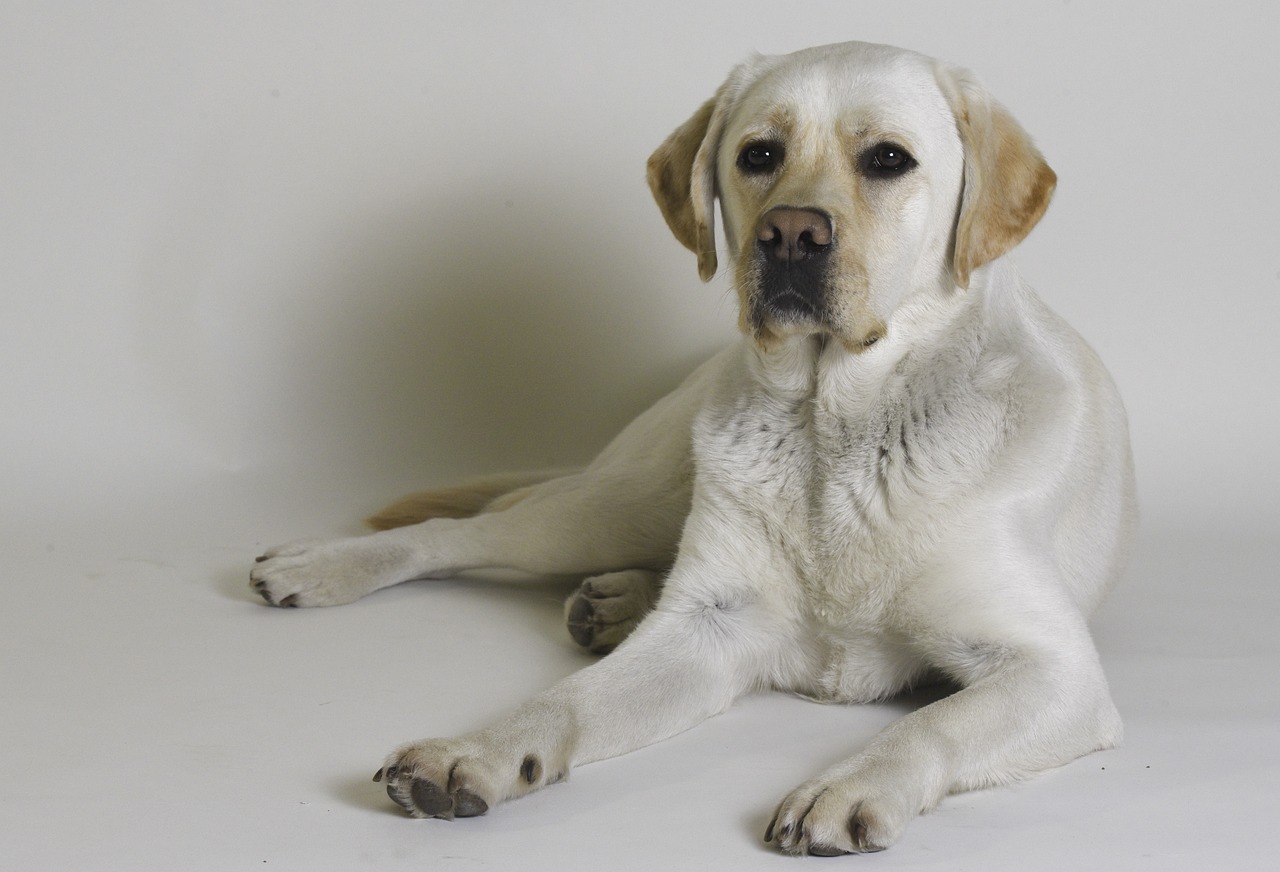
2. Beagle
Beagles, known for their keen sense of smell, also have a keen sense of appetite. Originally bred for hunting, they required a lot of energy for long days in the field. This historical need has evolved into a voracious appetite, making them prone to obesity if not managed properly. Beagles will often scavenge for food, using their exceptional noses to lead them to their next snack. They are not particularly fussy about what they eat, which means owners need to be vigilant about keeping food out of reach and maintaining a strict feeding schedule.
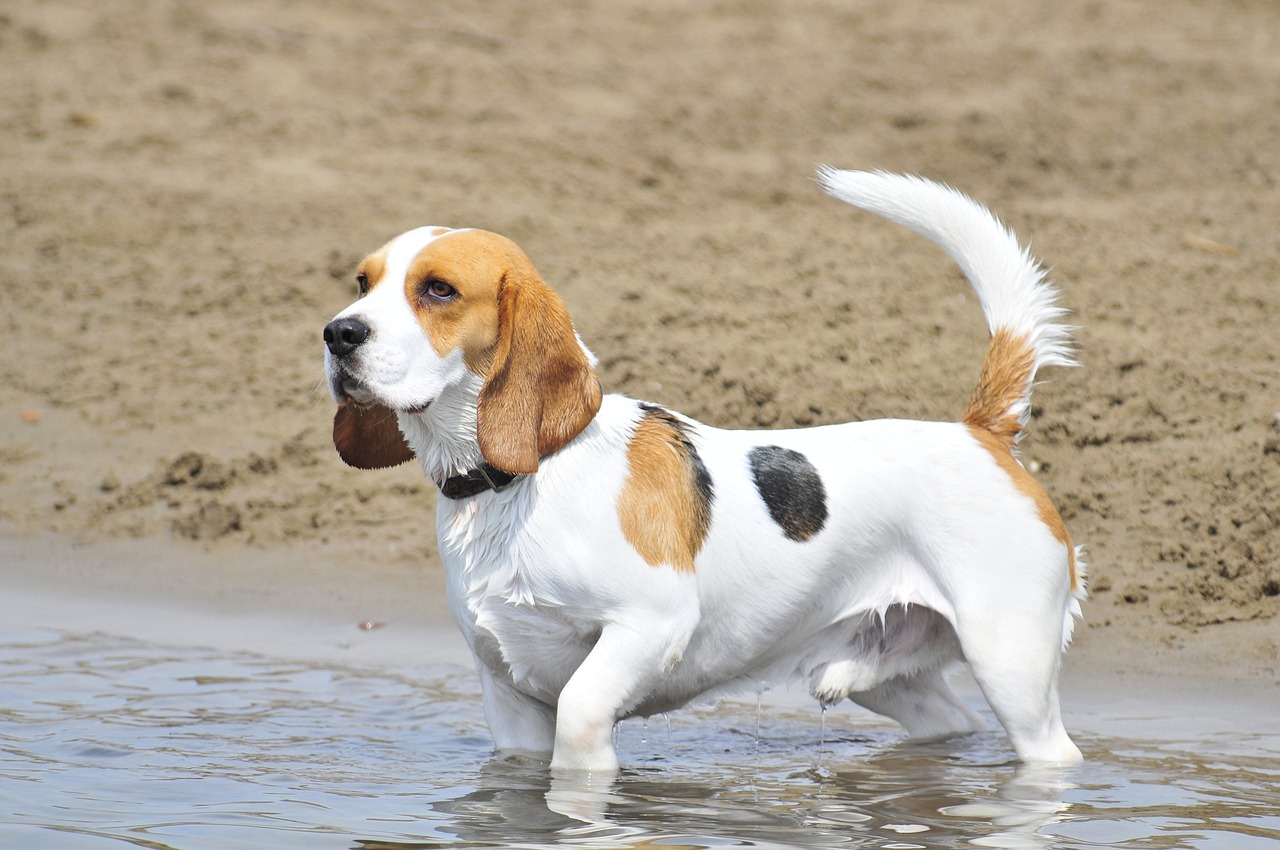
3. Golden Retriever
Golden Retrievers are another breed that never seems to get enough to eat. Similar to Labs, they were bred for physically demanding jobs that required a lot of energy. This has resulted in a breed that loves to eat and is prone to overeating if given the opportunity. Their sociable nature often leads them to be around food, whether it’s family dinner time or gatherings, making it easy for them to snag an extra meal or two. Owners need to be cautious about their Golden’s diet, as they are prone to obesity and its associated health issues.
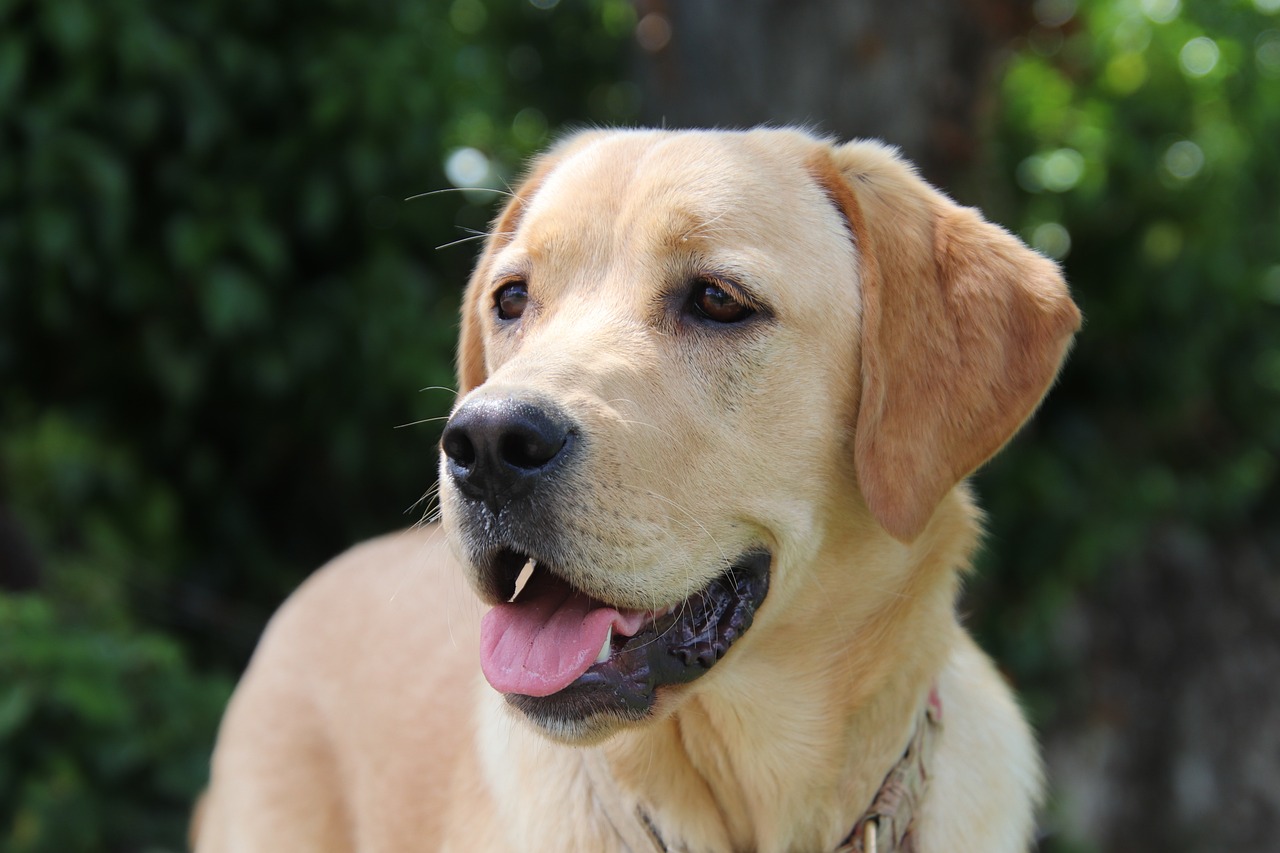
4. Pug
Pugs have a reputation for being voracious eaters, despite their small size. This breed loves to eat and will do so with great enthusiasm. Their compact size does not match their appetite, and without proper diet control, they can quickly become overweight. Pugs are prone to obesity-related health issues, such as breathing difficulties and joint problems, making it crucial for owners to monitor their food intake closely. Despite these challenges, Pugs remain beloved companions, their eagerness for the next meal only adding to their charm.
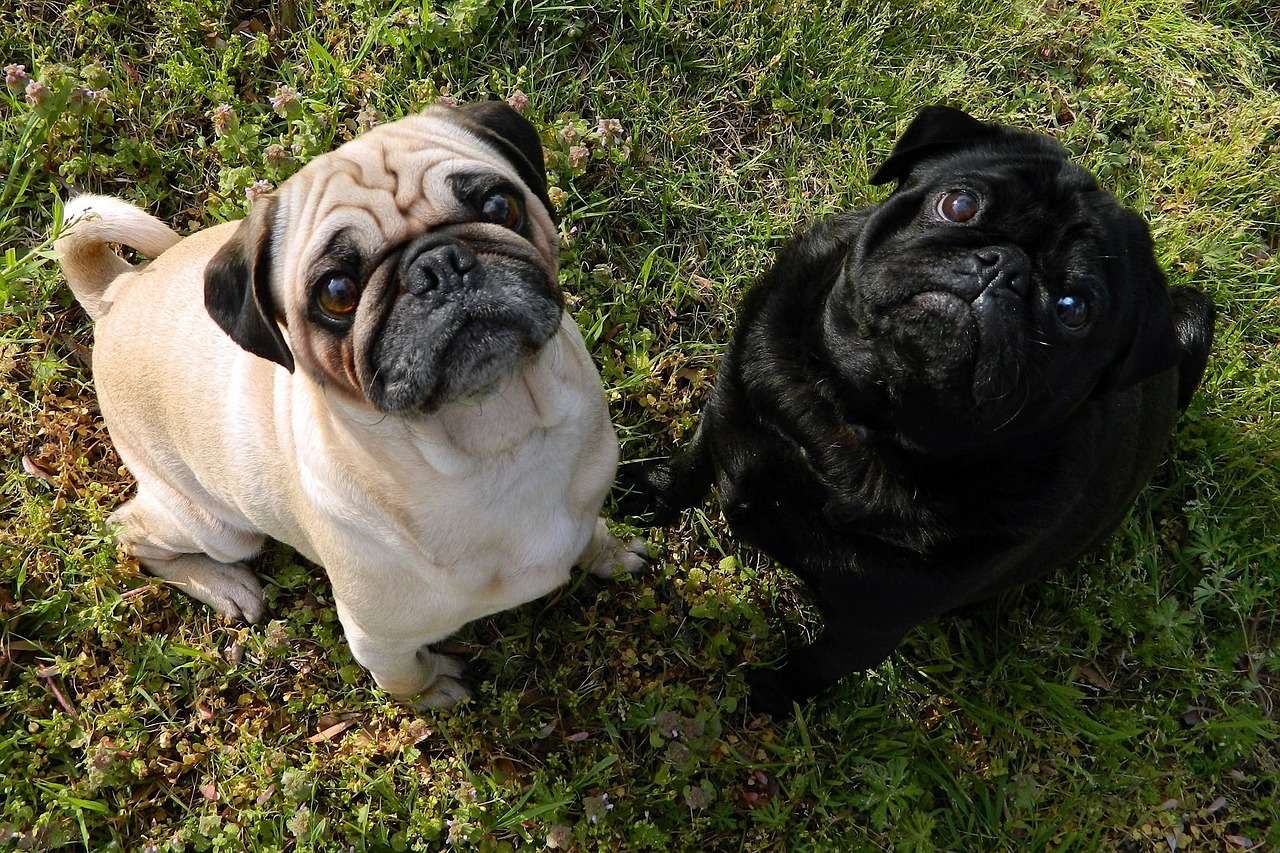
5. Dachshund
Dachshunds, with their long bodies and short legs, are surprisingly big eaters. Originally bred for hunting badgers, they required bursts of energy and thus developed a hearty appetite. This breed has a tendency to gain weight easily, especially since their body shape makes excess weight particularly harmful to their spine. Owners need to be mindful of their Dachshund’s diet to avoid health issues like intervertebral disc disease, ensuring they receive a balanced diet and plenty of exercises.
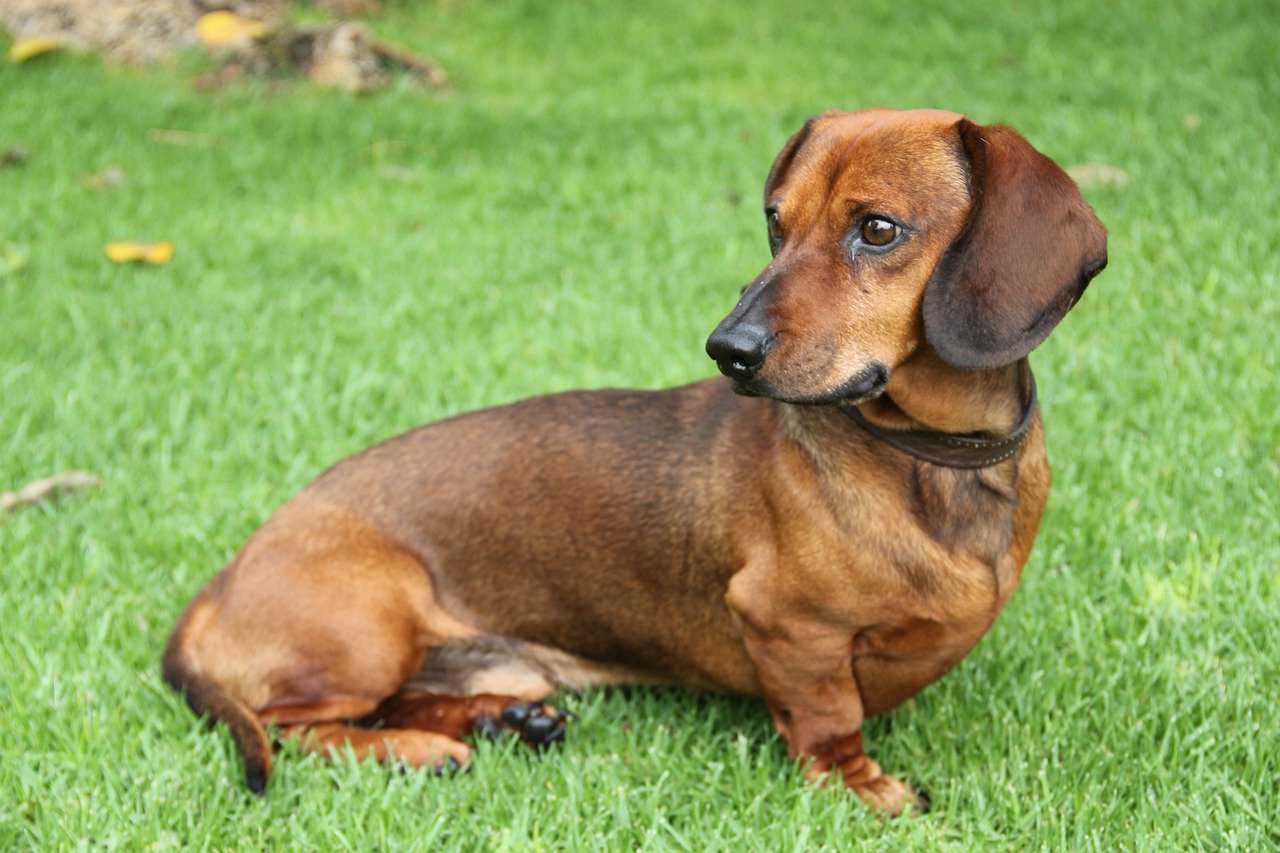
6. Boxer
Boxers are high-energy dogs that maintain a puppy-like demeanor well into adulthood. This energy translates into a significant appetite, as they burn through calories with their playful antics. However, their enthusiasm for food can lead them to eat too quickly, potentially causing digestive issues. Boxer owners should consider meals that can help slow down their eating and provide enough nutrition to support their active lifestyle.
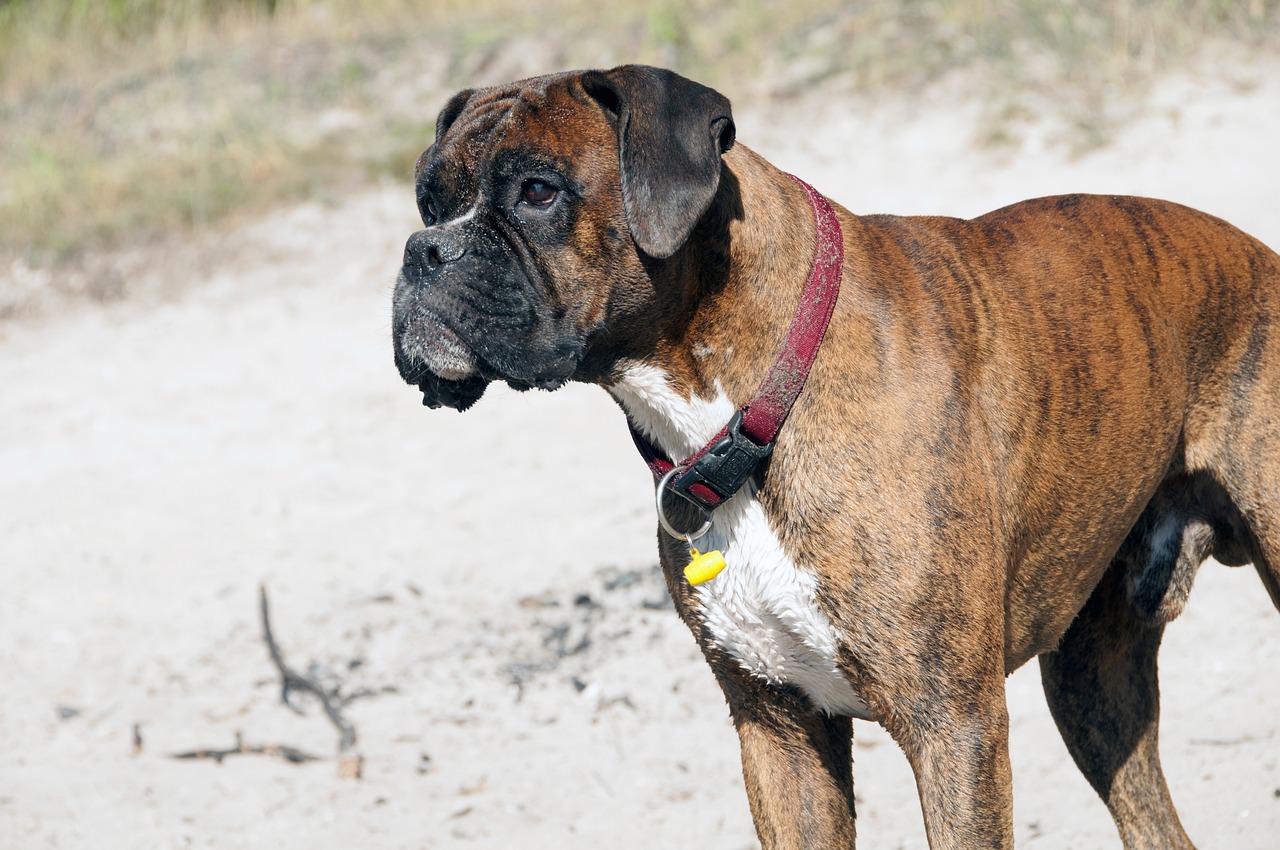
7. Rottweiler
Rottweilers are powerful dogs with a strong build, requiring a diet that supports muscle growth and maintenance. Their appetite is as big as their physique, often eating large quantities to sustain their energy levels. However, Rottweilers are also prone to obesity, so their diet needs to be carefully managed. High-quality food that is rich in protein and low in fillers can help maintain their weight and health.
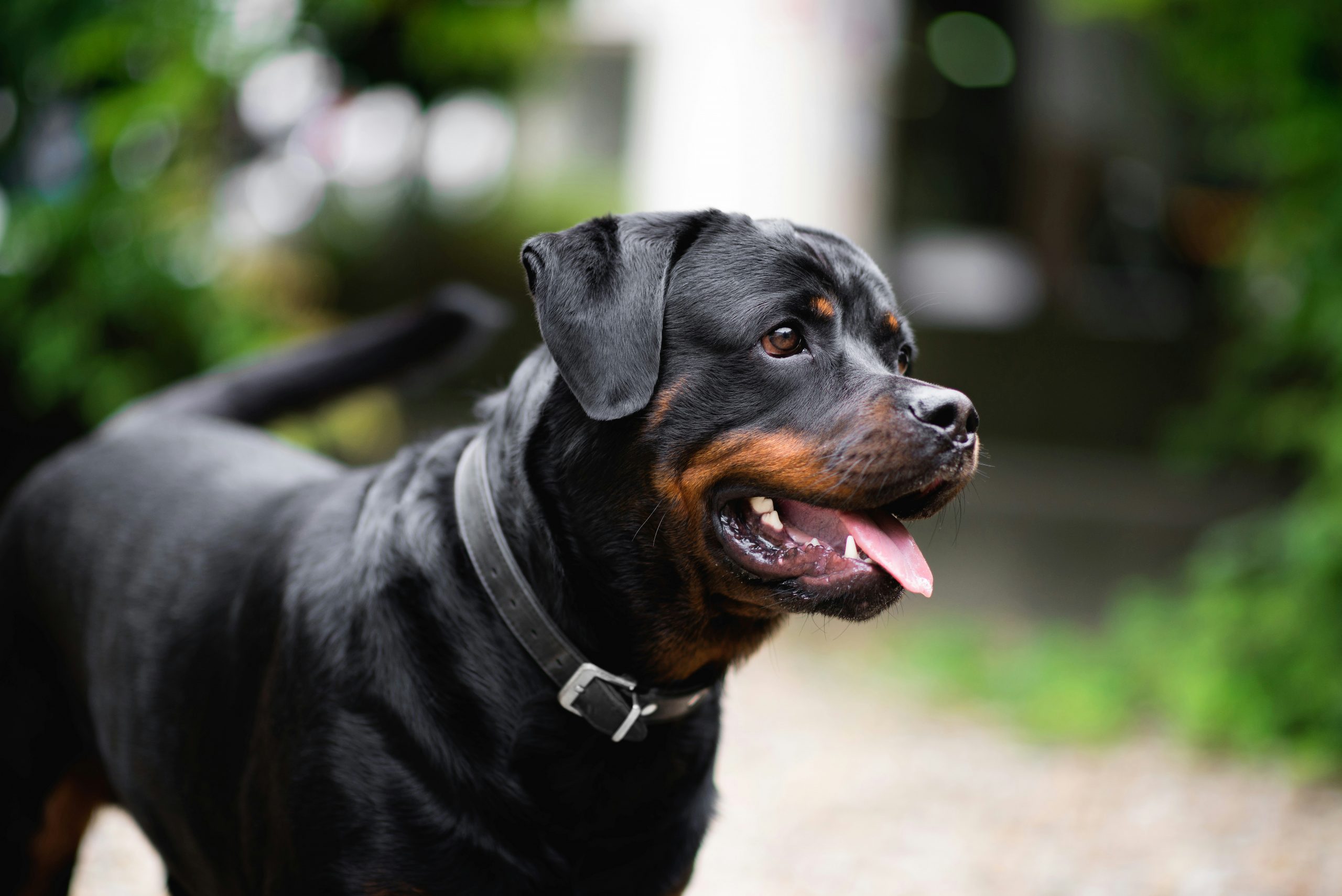
8. Bulldog
Bulldogs are known for their laid-back nature, but when it comes to food, they are anything but. They love to eat and will often beg for more, even after finishing their meal. This breed is particularly prone to obesity, which can exacerbate health issues like breathing problems and joint pain. Bulldogs require a carefully measured diet and limited treats to keep them in shape.
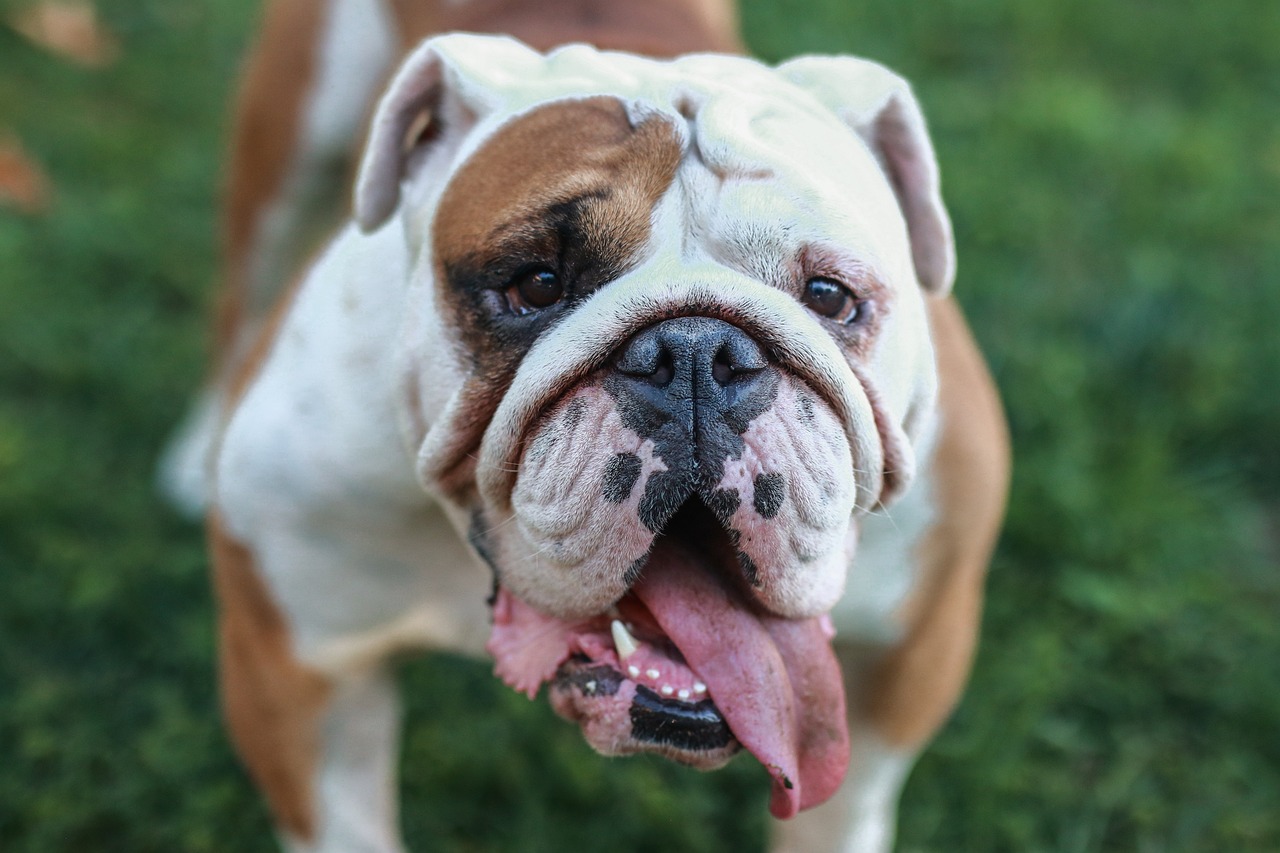
9. Cocker Spaniel
Cocker Spaniels are not just hunting dogs but also enthusiastic eaters. They have a tendency to overeat if given the chance, leading to weight gain and associated health problems. A balanced diet, coupled with regular exercise, is essential for keeping a Cocker Spaniel healthy and happy. Monitoring food intake and resisting those pleading eyes can be challenging but necessary for their well-being.
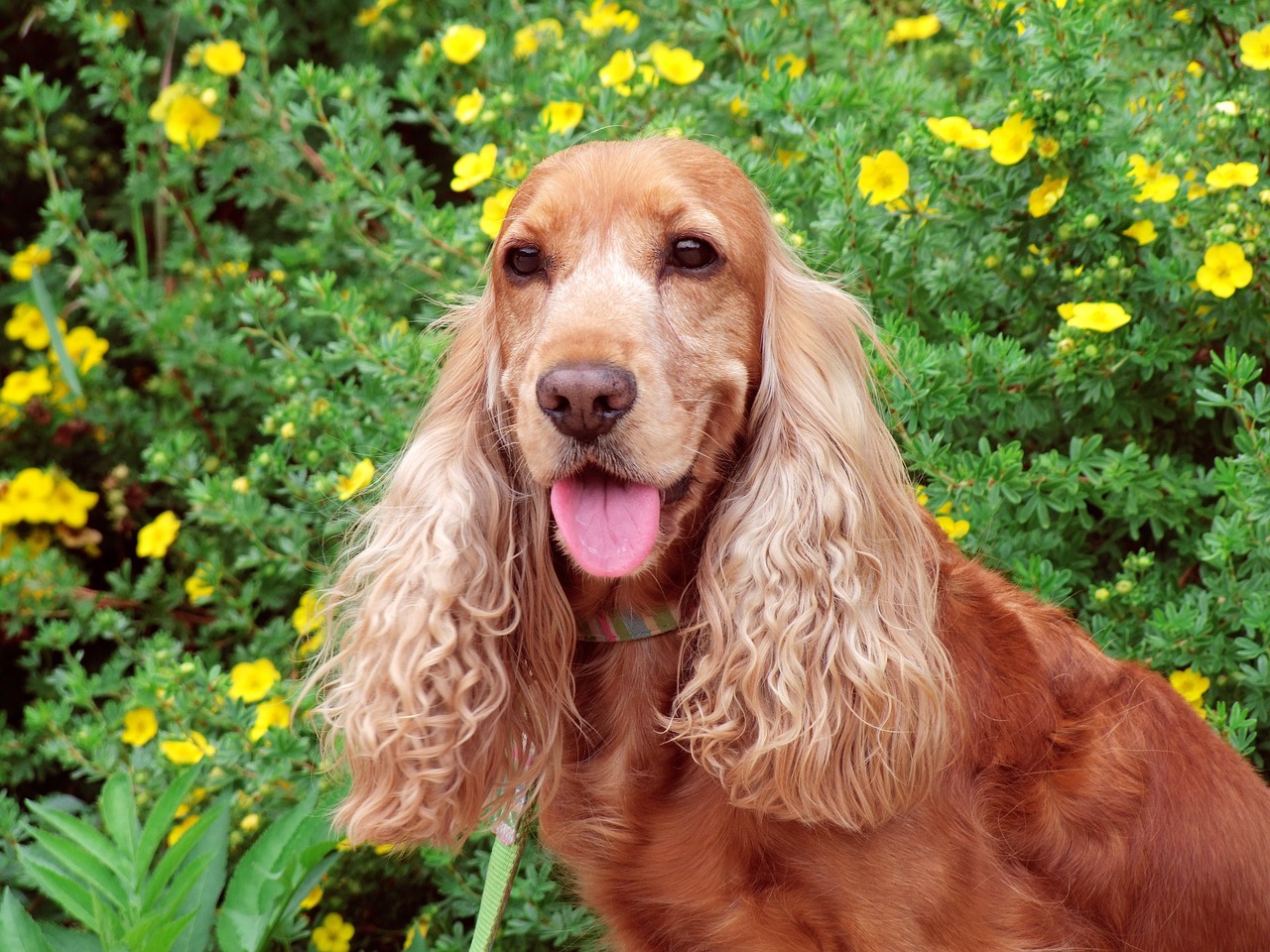
10. Saint Bernard
Saint Bernards are gentle giants with equally giant appetites. Bred for rescue missions in the Swiss Alps, they require a lot of food to maintain their large size and energy levels. However, their slow metabolism means they can easily gain weight if their diet is not managed properly. A diet high in quality protein and low in fat, along with regular exercise, is crucial for keeping a Saint Bernard healthy.
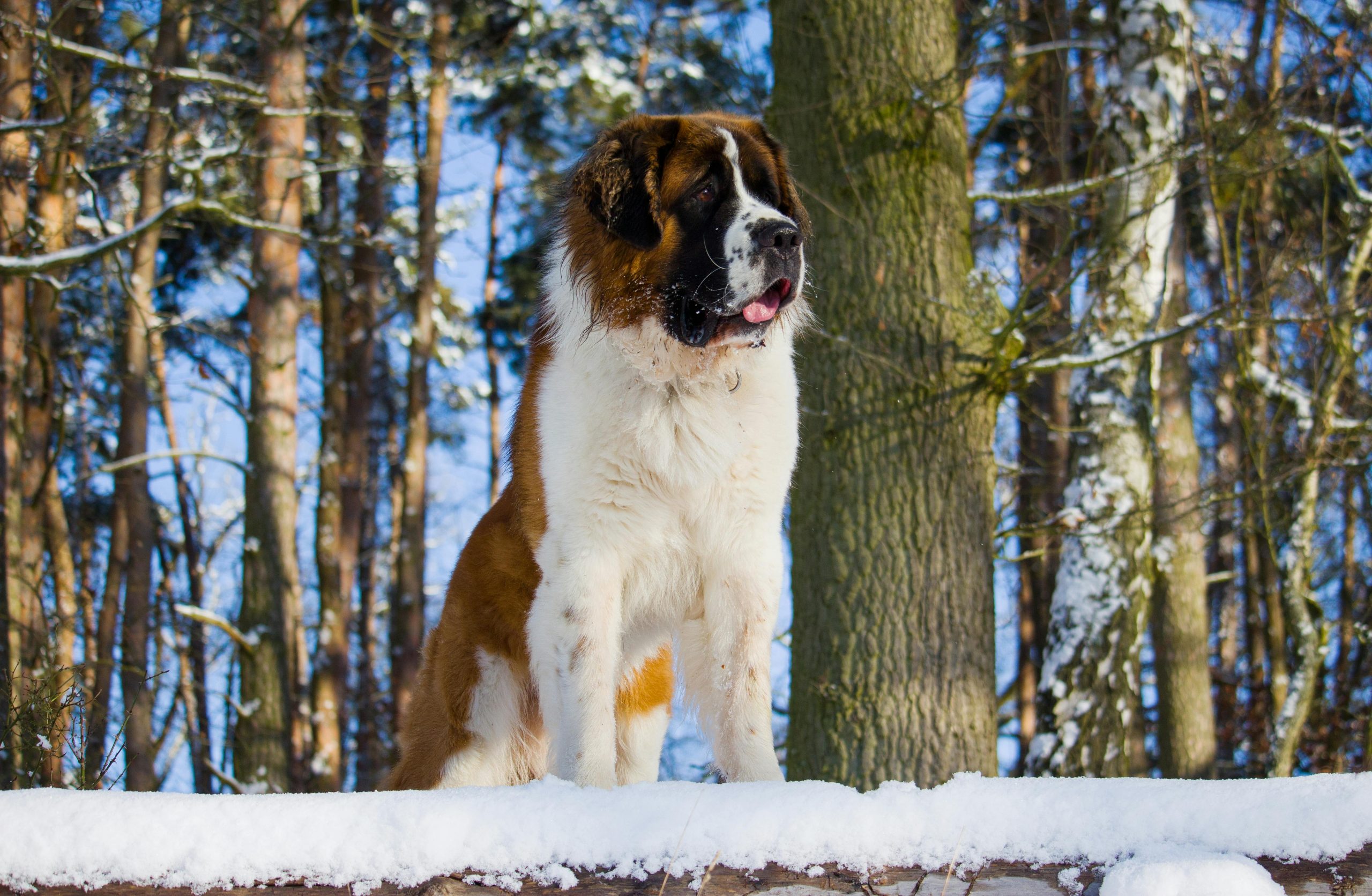
11. Basset Hound
Basset Hounds, with their droopy eyes and ears, are hard to deny when it comes to mealtime. They have a slow metabolism but a fast appetite, leading to a propensity for weight gain. Their short legs and long body make excess weight particularly detrimental, increasing the risk of joint and back problems. A strict feeding schedule and portion control are vital for managing a Basset Hound’s weight.
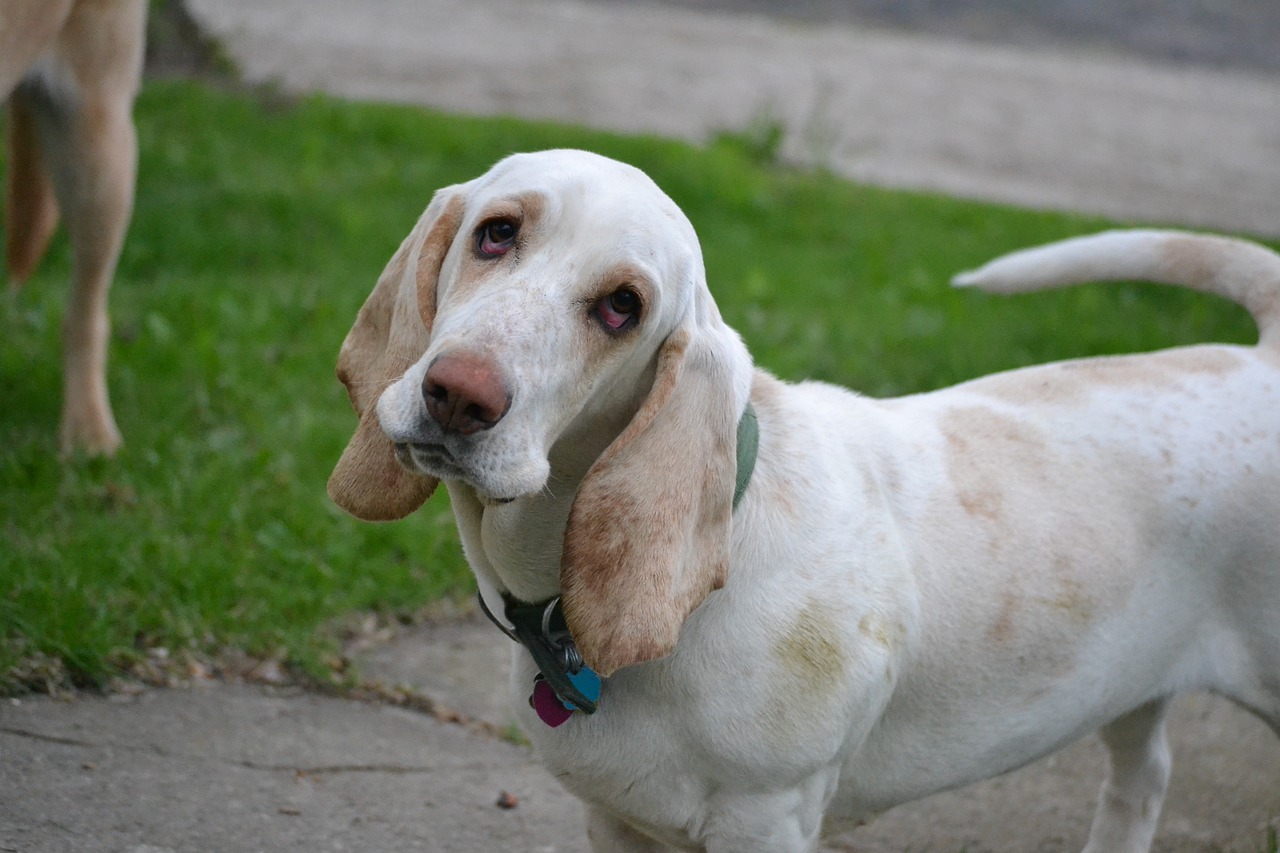
12. English Springer Spaniel
English Springer Spaniels are active and energetic dogs that love to eat. Their high energy levels require a diet that can keep up, but it’s easy for them to overindulge. Owners need to balance their diet carefully, ensuring they get enough nutrients without the excess calories that can lead to obesity.
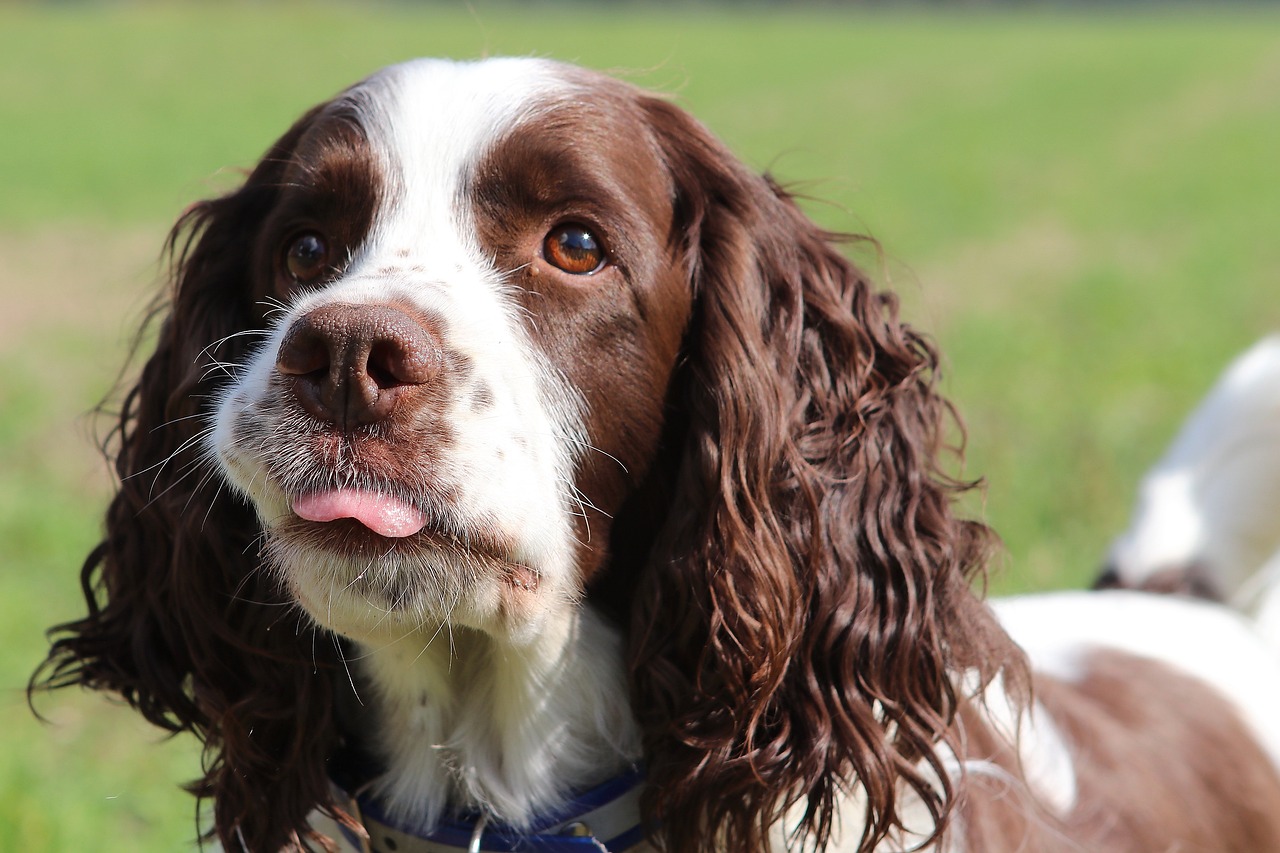
13. Bernese Mountain Dog
Bernese Mountain Dogs are known for their large size and equally large appetites. Originally working dogs, they require a substantial amount of food to support their size and energy. However, they also have a tendency to gain weight easily, making it important to monitor their food intake and ensure they get regular exercise.
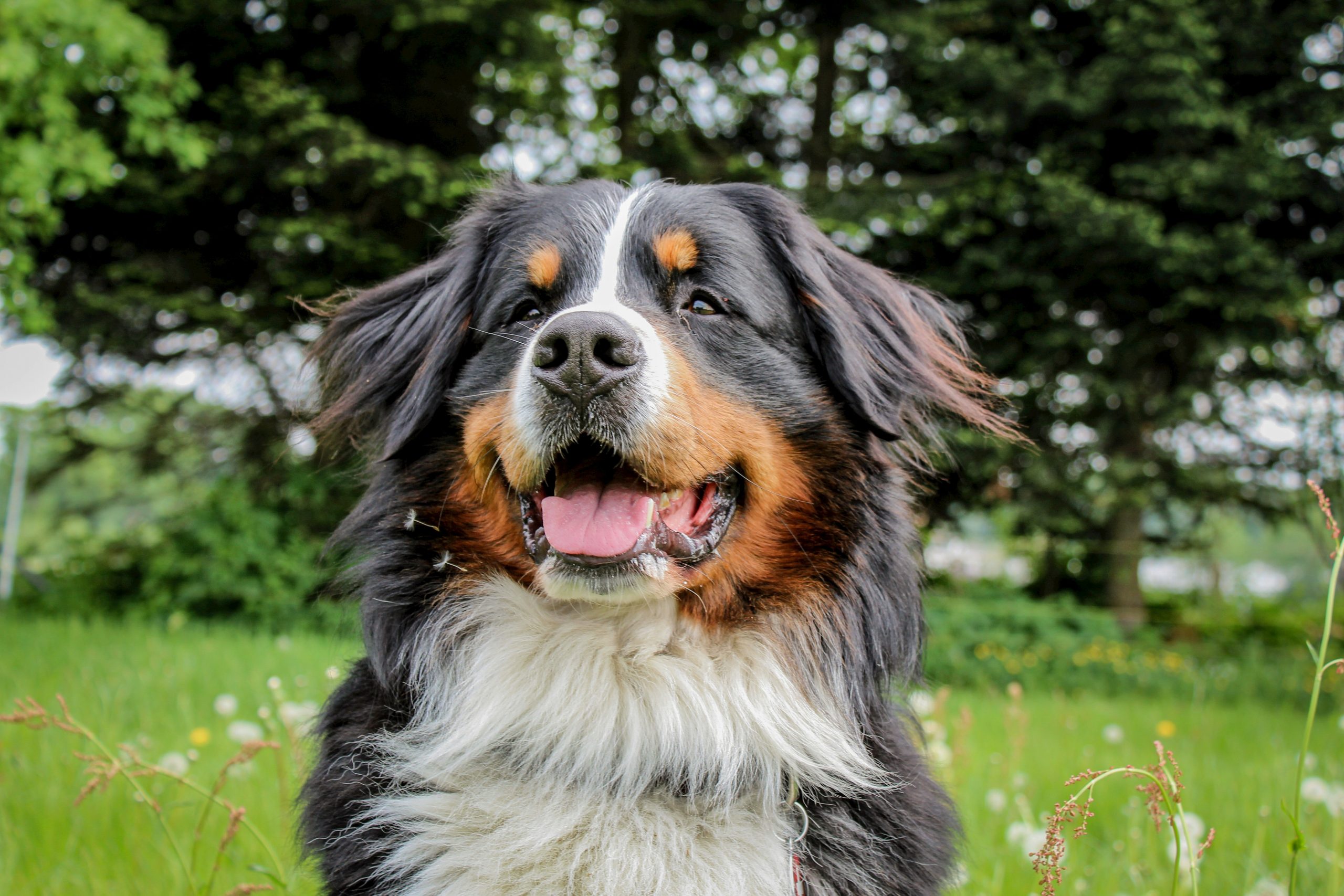
14. Alaskan Malamute
Alaskan Malamutes are bred for pulling heavy loads over long distances, necessitating a high-calorie diet. However, in a less active domestic setting, their hearty appetite can lead to obesity. High-quality food that is rich in nutrients and low in empty calories, along with plenty of physical activity, is essential for keeping a Malamute healthy.
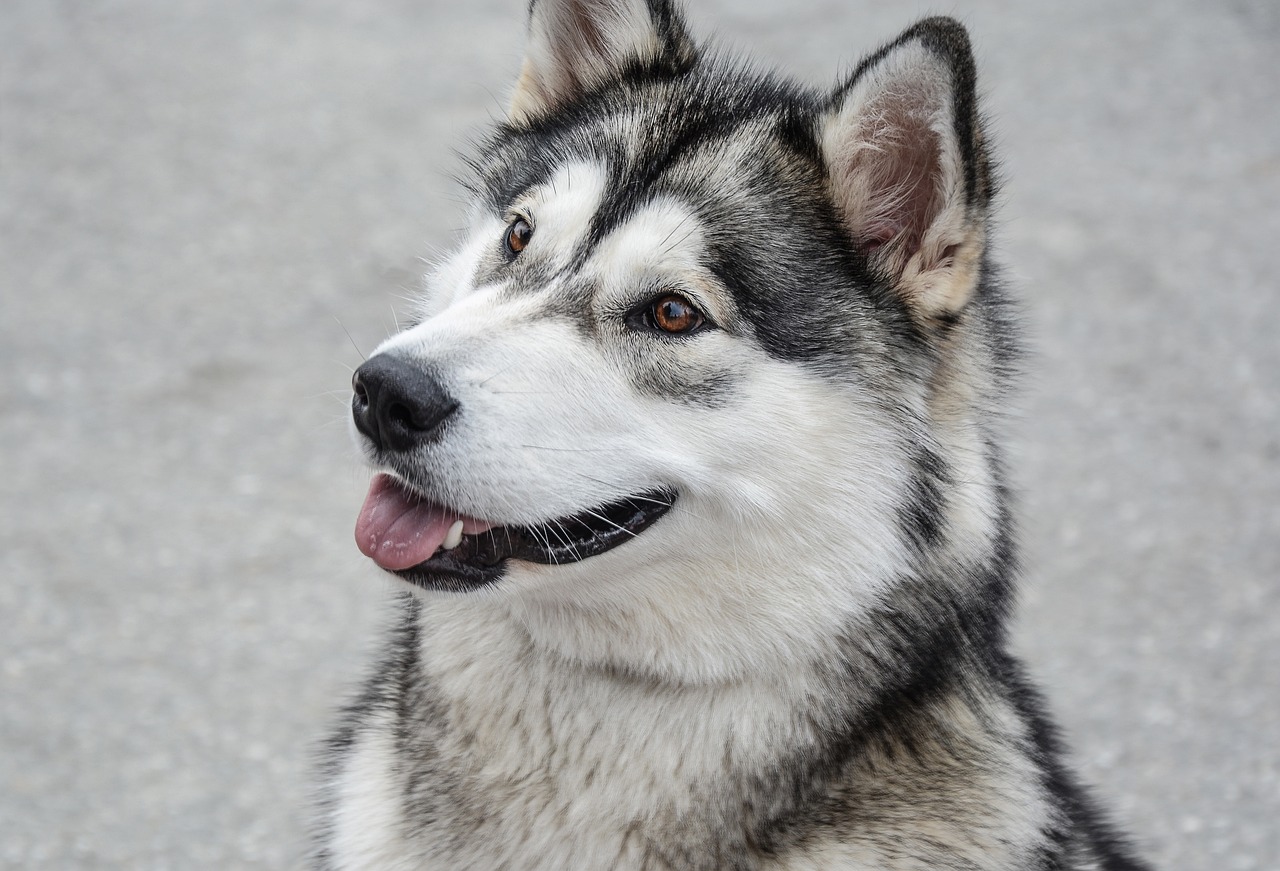
15. Newfoundland
Newfoundlands are gentle and affectionate dogs that have a big appetite to match their size. They need a diet that supports their large build and thick coat, but overfeeding is a common problem. Proper portion control and a diet tailored to their specific needs can help prevent obesity and its associated health issues.
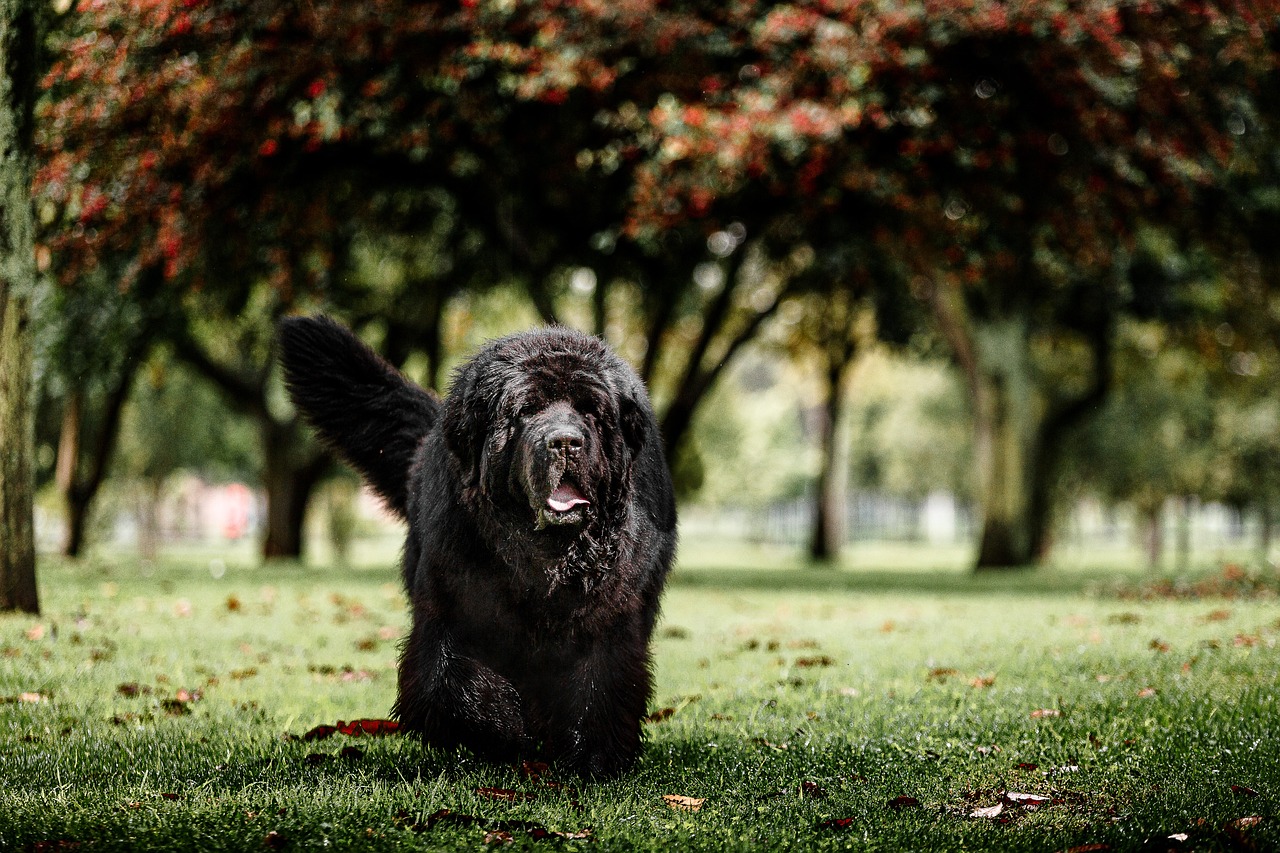
Managing the insatiable appetites of certain dog breeds is a challenge that requires a delicate balance between fulfilling their dietary needs and preventing overindulgence. Understanding the historical and genetic reasons behind their voracious eating habits can help owners make informed decisions about their diet and exercise routine. With proper care, it is possible to keep these breeds healthy and happy, ensuring they live a long and fulfilling life alongside their human companions.
